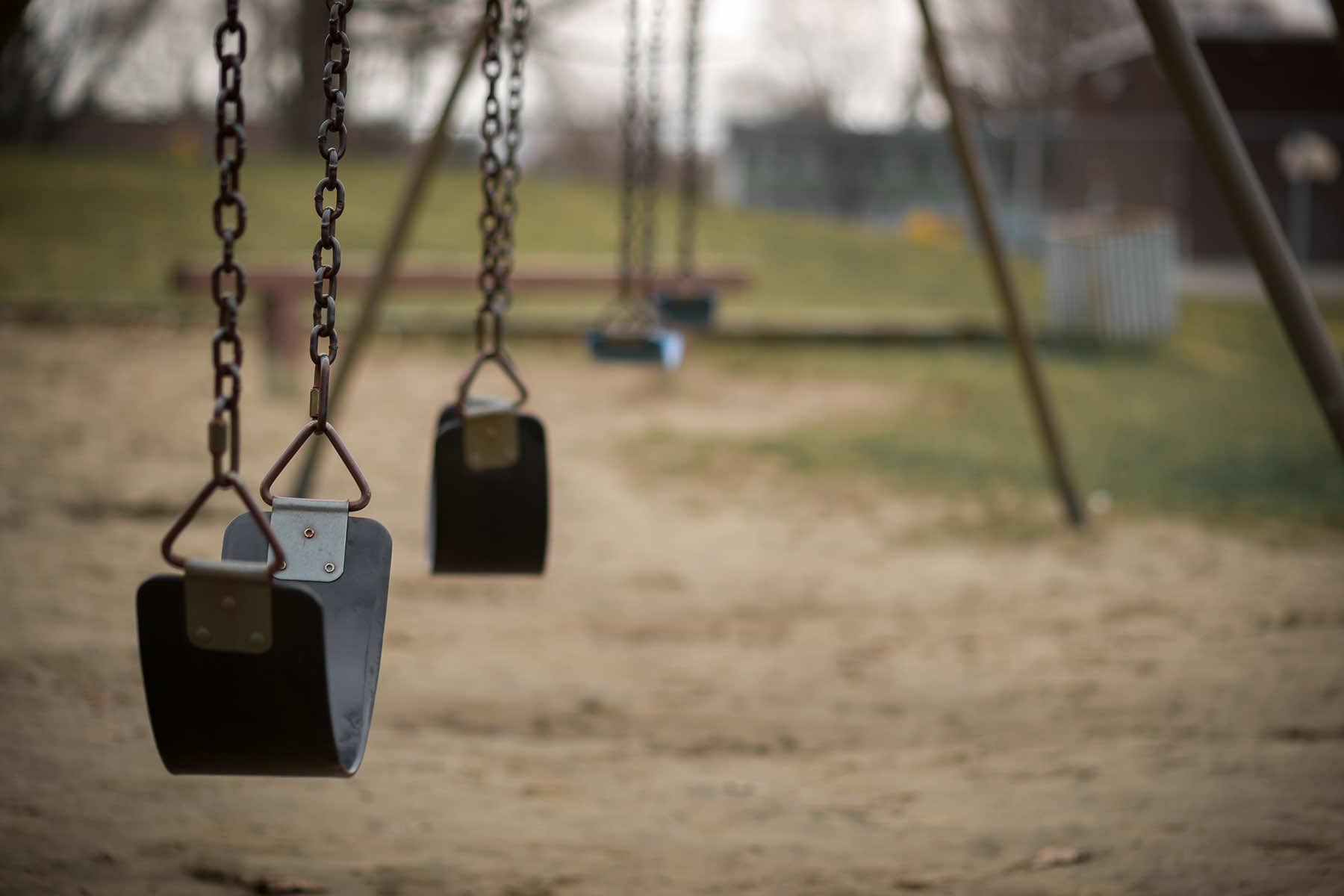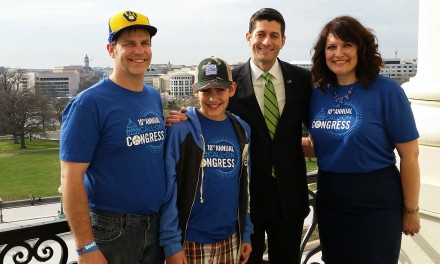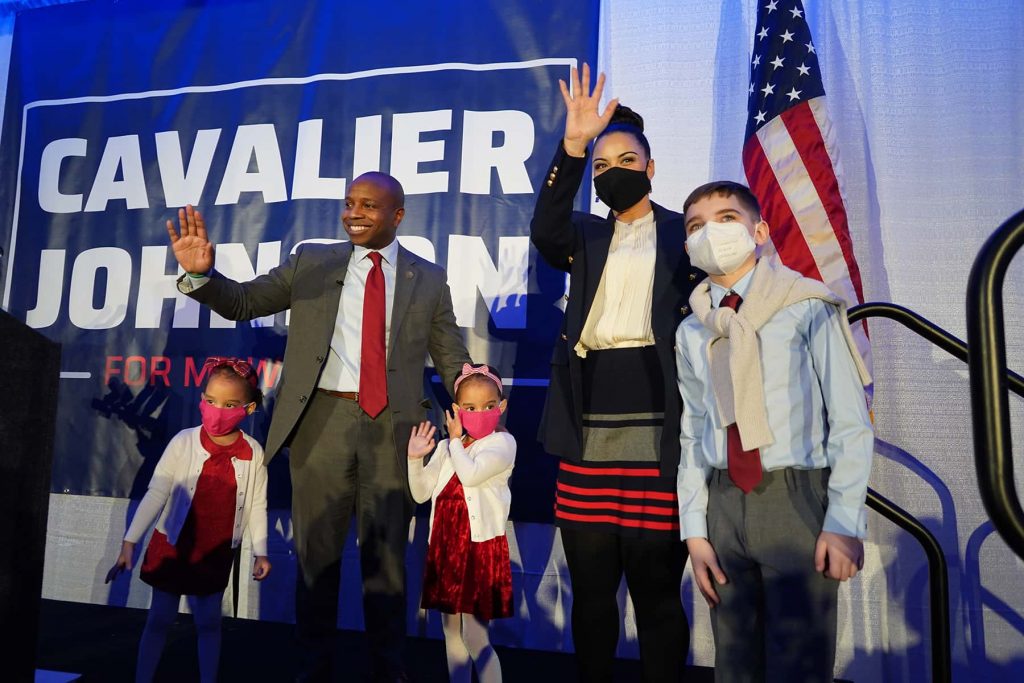
“Do the best you can until you know better. Then when you know better, do better.” – Maya Angelou
Children thrive when they are nurtured by caring and responsive adults who have the time and resources to be able to meet their needs. Communities strengthen caregivers’ abilities to care for their children when they provide support and remove barriers through safe spaces, good schools and jobs, and access to resources and social connections that aid in overcoming life’s inevitable hardships.
But not all hardships are inevitable.
This column will tell the story of families that are overloaded by adversity, the underlying root conditions that create that adversity, and the critical pathways that serve as roadmaps for developing innovative solutions to these wicked problems so that we may change the conditions and keep families together.
“There is tremendously good programmatic work going on everywhere. But if we want to generate deep and durable outcomes at scale, the only way to do that it is not through programs. It is through systemic change.” – Mark Cabaj, “Overloaded: Understanding Neglect” podcast
As the wealthiest country in the world, too many families in the United States live in poverty where they have to decide between paying rising rent, food, and transportation costs. These challenges often require taking extra jobs, which creates new stressors around childcare as families have become more socially isolated.
The weight of poverty and social isolation can overload a parent’s ability to cope, which can contribute to drug and alcohol abuse, interpersonal violence, and mental health crises. Consequently, these struggles overload a parent’s abilities to give their children the supportive relationships they need, and neglect becomes more likely to occur.
In response to these societal challenges, the federal government has created systems such as child welfare and social safety nets, as a result of ambitious calls to action like the War on Poverty that marked its 60th anniversary in January.
But what some consider a child protection system, others experience as a family policing system.
Nearly 90 years after the child welfare system was formally established, the United States remains a country where 1 in 3 kids experience a child protective services (CPS) investigation, and 1 in 10 are separated from their families.
In addition, 53% of Black children experience a CPS investigation before their 18th birthday, and 2 out of every 3 children in Milwaukee County’s foster care system are Black – even as they make up less than a third of the county’s population. Of all those children who are separated from their families, 70% of them experience that separation for reasons of neglect.
While these statistics are deeply troubling, the conditions that are overloading families are even worse because they are preventable.
We know that having one safe and protective person in a child’s life, and a community where the child feels a sense of belonging, can help buffer the child from the negative outcomes of early adversity.
We also know that by reducing child and family poverty, we reduce CPS investigations and family separations. By creating the conditions that empower family financial security and social connectedness, we can reduce childhood adversity and strengthen the relationships that help children thrive.
The Complexity of Neglect and Poverty
Neglect is a complex and wicked problem, but it is preventable if we work together to change the conditions that overload families with stress. Neglect is a public health crisis. It is the most common reason that hundreds of thousands of children are separated from their families by the government.
In Wisconsin, nearly 7 out of every 10 families that are separated by CPS are because of child neglect. Whereas around 1 out of every 10 families are separated because of physical and sexual abuse.
Wisconsin defines neglect as the failure, refusal, or inability on the part of a caregiver, for reasons other than poverty, to provide necessary care, food, clothing, medical or dental care, or shelter so as to seriously endanger the physical health of the child.
There is not a universal federal definition of neglect, and only 15 other states explicitly exclude poverty from its neglect definition. Yet 85% of families investigated by CPS nationally live below 200% of the federal poverty line.
The stressors of poverty are a constellation of complex challenges from economic shocks from job loss or medical bills, to housing and food insecurity, inaccessible childcare, and navigating the benefits cliff. While families may not be separated specifically because they are poor, it is hard to argue that the underlying root cause of many separations is anything other than poverty.
Disproportionality in our Child Welfare System
In Wisconsin, families of color experience disproportionate rates of family separation and longer stays in foster care. Native American and Black families comprise about 13% of the population, and yet make up 27% of all reports to CPS, 34% of all investigations, 38% of all family separations, and a staggering 47% of group home placements. In Milwaukee County, those numbers nearly double to over 70% of all family separations.
Yet Native American and Black professionals in the three systems that contribute to the majority of reports to CPS – the education, law enforcement, and healthcare systems – are underrepresented, in some cases as low as 5% of that system’s workforce.
“While programmatic interventions help people beat the odds, systemic interventions change their odds.” – Mark Cabaj, “Overloaded: Understanding Neglect” podcast
These complex challenges that overload Milwaukee families and the local workforce with stress require innovative solutions that change the conditions that overload them in the first place. My understanding of how the systems and forces in society play a powerful role in making individuals and families vulnerable took many years of learning and unlearning.
In the summer of 2001, just months before the world would change from the September 11 attacks, I was walking through doors of non-profits, or non-governmental organizations (NGO) as they are commonly called in Barcelona, in search of a job and, in many ways, my own identity.
I graduated from college in Wisconsin six months earlier, and found myself wandering my new home in Spain, wondering who I might become. In some ways, that identity, that path is chosen for us by the doors that stay closed and those that become open.
The first door that opened was a small, regional NGO that focused on community-building through education programs. Spain was experiencing an unprecedented increase in immigration due to a recent financial crash in Argentina, a decades-long armed conflict in Colombia, and the crossing of the Mediterranean Sea in small boats by Africans fleeing war, political persecution, and poverty.
For a country that had experienced four decades of closed borders under the Franco dictatorship until the mid-1970s, the sudden change within its borders exposed the xenophobia and racism that existed in the country. The NGO that opened its doors to me focused much of its work on delivering cross-cultural programs, so that Spaniards and their new neighbors could learn from one another to build trust and community.
Through that experience, I was introduced to what would become the common thread of my career – people overcoming terrible, often unspeakable tragedies. I learned in Spain that good programs can help people overcome their challenges. I learned to write curriculum for community organizations, and it seemed to improve outcomes for the people who participated, particularly in their empathy for and relationships with people from different races, ethnicities, and backgrounds.
During those few years in Spain, I discovered the power of programs that empowered individuals to overcome their unique challenges. For example, I witnessed newly arrived immigrants participate in work skills or language programs that helped them apply for and get a job. I was inspired by their resilience, and motivated to create other programs that would help more individuals achieve their goals, so they could leave behind their darkest days.
From Spain I moved to Bolivia, South America’s poorest country, to work with youth who had been abused or neglected and were living on the streets. I worked alongside children who had experienced terrible tragedies, and yet kept fighting for something better. That experience changed my understanding of how people overloaded with stress and tragedy overcome their odds. I witnessed the community around these suffering youth change their conditions, which then improved their outcomes.
Every child I worked with in Bolivia had experienced trauma, and yet my co-workers and I had not been trained in trauma-informed care programs. We did not have a therapist on staff. Even if we did, the stigma around mental health would have led to resistance or outright laughter from the local youth.
We did not have any evidence-based programs that we implemented or followed. And yet, the boys who left the streets to live in our community would soon grow into young men. They would become doctors, chefs, and mechanics.
It was clear then, although I did not have the language to articulate it as I do today, that what people need to overcome terrible things like the trauma of homelessness are the conditions to do it, and a person or group who supports them.
The Bolivian boys suddenly had trusting relationships, a stable home, healthy food, and access to good schools, which provided them with the safety, stability, and opportunity to heal and walk on a path to a better future. Good programs are still important, but people are more likely to experience improvements that are transformational and sustainable when those who participate in them return to a home, and a community, that are not overloaded with stress or danger.
“While programmatic interventions help people beat the odds, systemic interventions change their odds.” – Karen Pittman, co-founder of the Forum on Youth Investment
After three years of expanding my perspective in Bolivia, I returned to my hometown and found work in Milwaukee. I eventually grew frustrated by the fact that no matter how effective local, state, or Federal programs were in supporting families experiencing domestic violence and the child welfare system, I saw a revolving door of kids and families with the same underlying systemic challenges. They were helplessly trapped in unsafe and unaffordable housing, poor-paying jobs, inaccessible childcare, and unreliable transportation.
The support process for survivors of domestic violence and their children has been to promote healing and healthy relationships through individual or family-focused programs. It has had powerful results, but is much less effective when the family returns to an unsafe home or community. Once survivors left their therapy sessions, they often had to return to the sources of their trauma and instability due to structural poverty and racism.
After all these experiences, I joined my current team at the Institute for Child and Family Well-being at Children’s Wisconsin. We have a deep history of delivering transformational programs for youth in group homes and trauma therapy, caregivers and young children struggling with challenging behaviors, and families and foster parents involved with the child welfare system.
However, as a result of my team’s years of learning in the field, and my “constructive dissatisfaction” with the conditions that overload families with stress and make them vulnerable to child welfare involvement, the Institute for Child and Family Well-being at Children’s Wisconsin launched an ambitious statewide initiative called Strong Families, Thriving Children, Connected Communities.
It was created to help to reduce family separations for reasons of neglect. We have a lot of work to do to achieve our goal.
“Programmatic interventions help people cope with day-to-day things and improve outcomes for some, but systemic intervention has changed the systems that make people vulnerable in the first place.” – Mark Cabaj, “Overloaded: Understanding Neglect” podcast
It is my hope that, together, local residents, organizational leaders, and policymakers can change the conditions across Milwaukee and the state so that our communities are connected, our families are stronger, and our children thrive.
Overloaded: Understanding Neglect is a Milwaukee-based podcast series that aspires to build a shared understanding of neglect, its underlying root causes, and how they overload families with stress.
Luke Waldo
Derek R. Audette and Taras Leo (via Shutterstock)
Overloaded: Understanding Neglect is a Milwaukee-based podcast series that aspires to build a shared understanding of neglect, its underlying root causes, and how they overload families with stress.















